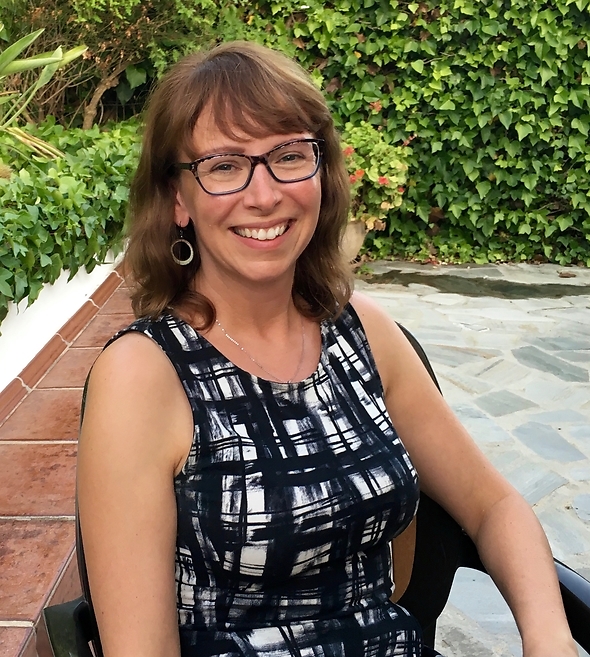Suessmilch Lecture
The concept of “health lifestyles” by Stefanie Mollborn
Auditorium Max Planck Institute for Demographic Research, December 10, 2019
As part of the Suessmilch Lecture series, Stefanie Mollborn from the University of Colorado Boulder gave a talk on young people’s health lifestyles and how it is shaped by parents, peers and schools.
Title
“Children's health lifestyles, technology use, and the reproduction of inequality"
Abstract
Unhealthy behaviors can compromise well-being, health, and economic productivity. Yet people’s health behaviors are often resistant to change. The concept of “health lifestyles” is promising for better understanding and improving individual health behaviors. A person’s health lifestyle is their set of health behaviors that arises from group identities and norms. Because many lifelong health behaviors are established early, it is important to understand how they arise, change with age, and are shaped by social contexts. Our research team has investigated how parents, children, communities, peers, and schools shape young people’s health lifestyles, in many cases perpetuating social inequalities across generations. We analyzed three nationally representative longitudinal surveys covering birth through age 32 to examine prevalent health lifestyles in the US population. To investigate how social identities, interactions, and norms shape health lifestyles, we collected new qualitative data from two middle-class communities. We focused in particular on technology use in the mobile internet era to understand how this rapidly evolving health behavior fits into young people’s health lifestyles.

© Fredrik Möllborn
About the speaker
Stefanie Mollborn is a Professor in the Institute of Behavioral Science and the Department of Sociology at the University of Colorado Boulder. She received her Ph.D. in Sociology from Stanford University in 2006, and she works at the intersection of demography and social psychology. Her multimethod research examines social norms and inequalities in the early life course, with current focuses on health lifestyles, technology use, and reproductive health.